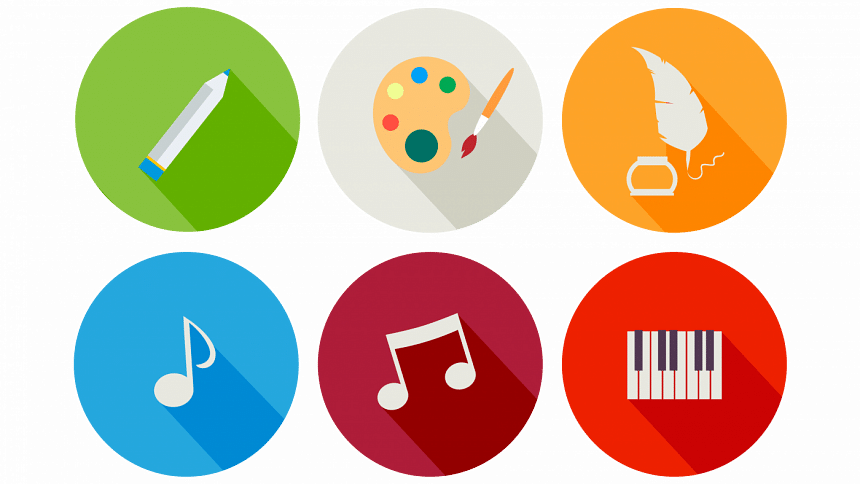How to pick up a new skill

Sometimes you need to learn a new skill out of necessity. For me it was SPSS. In the 5th semester of my BBA, I had to finally learn the darned thing. Till then, I had somehow managed to avoid it – why on earth would I need it now for a research paper in a group of eight other equally capable people? Wrong. There wasn't a single person who was willing or able to use SPSS and somehow the responsibility fell on me.
Forget the SPSS. If you want to launch an online business, you should probably have a good feel for digital marketing. If the boss wants you to create a financial model in Excel, you should probably know what all the functions do. But that's just the easy part. Saying that where there's a will, there's a way is misleading. It doesn't even begin to encompass the blood, toil, tears and sweat that are put into picking up a new skill.
Get inspired
I've wanted to learn the piano ever since discovering an upright in the basement of a holiday hotel when I was six. That thirst was quenched only this year. But I was woken up from my decade-long reverie the minute I actually tried playing something. It sounded abominable. It's easy to get disenchanted – and some of time it's inevitable. The secret is to get inspired, every single day. What you want to learn probably already exists out there, and nowadays, getting inspiration is only a few clicks away.
Know what you want to do backwards and forwards
So you know what you want to do. But how well do you really know it? Before jumping into anything, jot down a couple of questions. If you're getting into graphics design, find out what separates a good design from a bad one. What kind of brushes will you need? Where can you download them? What kinds of tutorials are out there? What style of design do you want to master? Follow some relevant Facebook pages or YouTube channels. You would be surprised how many people share not only why they make what they make, but how.
Another important thing you need to resolve is whether you can learn it completely on your own or whether you should sign up for courses, be it online or from a professional tutor. Give it a go on your own but don't be shy if you need some extra help.
Set goals
The more processes you can break down a skill into, the more manageable and doable it becomes. Once you start thinking about it, you can figure out exactly which things you will need to do because learning a skill is made up of many different bits and pieces. Achieving small incremental goals also gives you structure and the motivation you need to keep going.
Learn by doing
You can sit behind your computer for hours, taking notes on writing code, but when it comes to doing the real thing, what are the chances that you'll remember everything you learned? When a friend and I tried Code Academy's HTML & CSS course, we took screenshots of the coding and did short practice simulations. But the great thing about the course was that it also contained an interim lesson where we had to code a website from scratch. By working on exercises yourself, you internalise the various steps and processes involved and put to use what mini-skills you pick up along the way.
Stick to it
When school and grades were getting the better of me, I considered quitting my new part-time job and I asked myself if I was any good at what I was doing in the first place. While it's good to assess yourself objectively, if you're doing something new it's more important to stick to it. It might be weeks or months before you see any visible results, but sometimes the remedy is just to plough through. There is no right time or place to take risks and work on new projects, but if you've gotten started, don't throw it away – figure out your approach and follow through.
The writer is Sub-Editor of the career publication of The Daily Star. She is also a junior at the Institute of Business Administration, University of Dhaka.

 For all latest news, follow The Daily Star's Google News channel.
For all latest news, follow The Daily Star's Google News channel. 



Comments